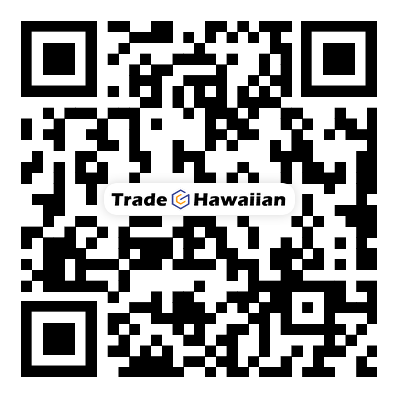Environmental Impact and Sustainable Alternatives for Disposable Baby Diapers
2024-07-25
Introduction
While disposable baby diapers offer unparalleled convenience, their environmental impact is a growing concern. Millions of diapers are discarded daily, contributing to landfill waste and environmental pollution. As awareness of sustainability increases, many parents are seeking eco-friendly alternatives to traditional disposable diapers. In this blog, we will discuss the environmental impact of disposable baby diapers and explore sustainable alternatives that help reduce the ecological footprint.
Environmental Impact of Disposable Baby Diapers
1. Landfill Waste: Disposable diapers are a significant source of landfill waste. On average, a baby uses about 6,000 diapers before potty training, leading to a substantial accumulation of non-biodegradable waste in landfills.
2. Resource Consumption: The production of disposable diapers involves the consumption of vast amounts of raw materials, including wood pulp, plastics, and chemicals. This process contributes to deforestation, energy consumption, and greenhouse gas emissions.
3. Decomposition Time: Traditional disposable diapers can take up to 500 years to decompose, persisting in the environment and releasing harmful substances over time.

Sustainable Alternatives to Traditional Disposable Diapers
1. Biodegradable Diapers: Biodegradable diapers are made from natural materials that break down more quickly than conventional diapers. These diapers often use plant-based materials such as bamboo, cornstarch, and sustainably sourced wood pulp.
2. Cloth Diapers: Modern cloth diapers are reusable and made from soft, absorbent fabrics like cotton, hemp, and bamboo. They come in various styles, including prefolds, fitteds, and all-in-ones, offering an eco-friendly alternative to disposables.
3. Hybrid Diapers: Hybrid diapers combine the convenience of disposable inserts with reusable diaper covers. The inserts are often biodegradable or compostable, reducing waste while maintaining ease of use.
4. Eco-Friendly Disposable Diapers: Some manufacturers produce disposable diapers using environmentally friendly practices and materials. These diapers may incorporate sustainably sourced wood pulp, chlorine-free processing, and minimal use of synthetic chemicals.
Tips for Reducing Diaper Waste
1. Use Cloth Diapers Part-Time: Even using cloth diapers part-time can significantly reduce the number of disposable diapers used. Consider using cloth diapers at home and disposables when traveling.
2. Choose Eco-Friendly Brands: Support brands that prioritize sustainability and transparency in their manufacturing processes. Look for certifications such as FSC (Forest Stewardship Council) and Oeko-Tex Standard 100.
3. Compost Biodegradable Diapers: If you use biodegradable diapers, consider composting them in a dedicated composting system designed for diapers. Ensure you follow local guidelines for composting.
4. Reduce Diaper Usage: Practice elimination communication (EC) to reduce diaper usage. EC involves recognizing and responding to a baby's cues for elimination, allowing for less reliance on diapers.
Conclusion
While traditional disposable baby diapers have a significant environmental impact, there are numerous sustainable alternatives available that can help reduce waste and promote a healthier planet. Biodegradable diapers, cloth diapers, and hybrid options offer eco-friendly solutions for parents seeking to minimize their ecological footprint. By making informed choices and adopting sustainable practices, we can ensure a better future for our children and the environment. Embrace the available alternatives and take small steps towards a greener and more sustainable diapering routine.


